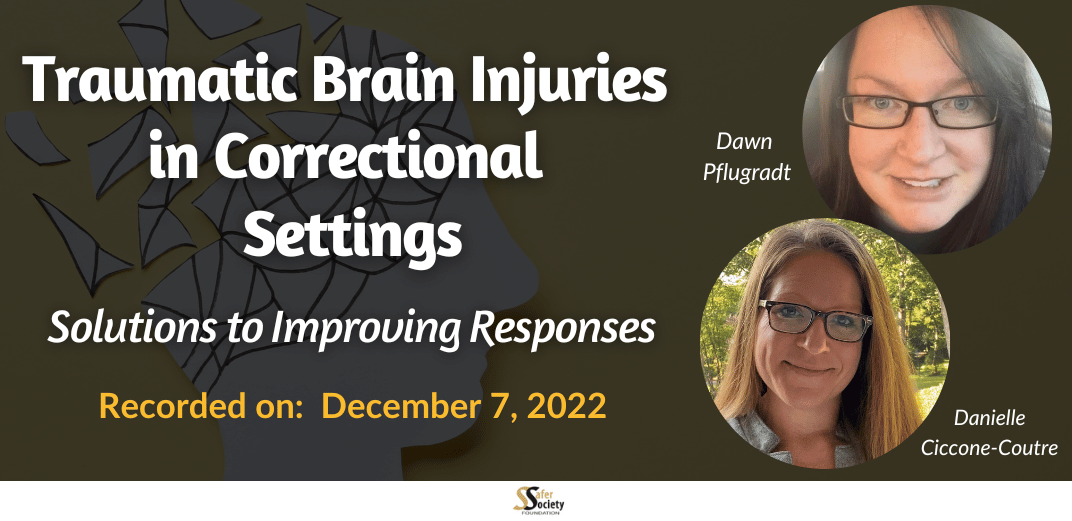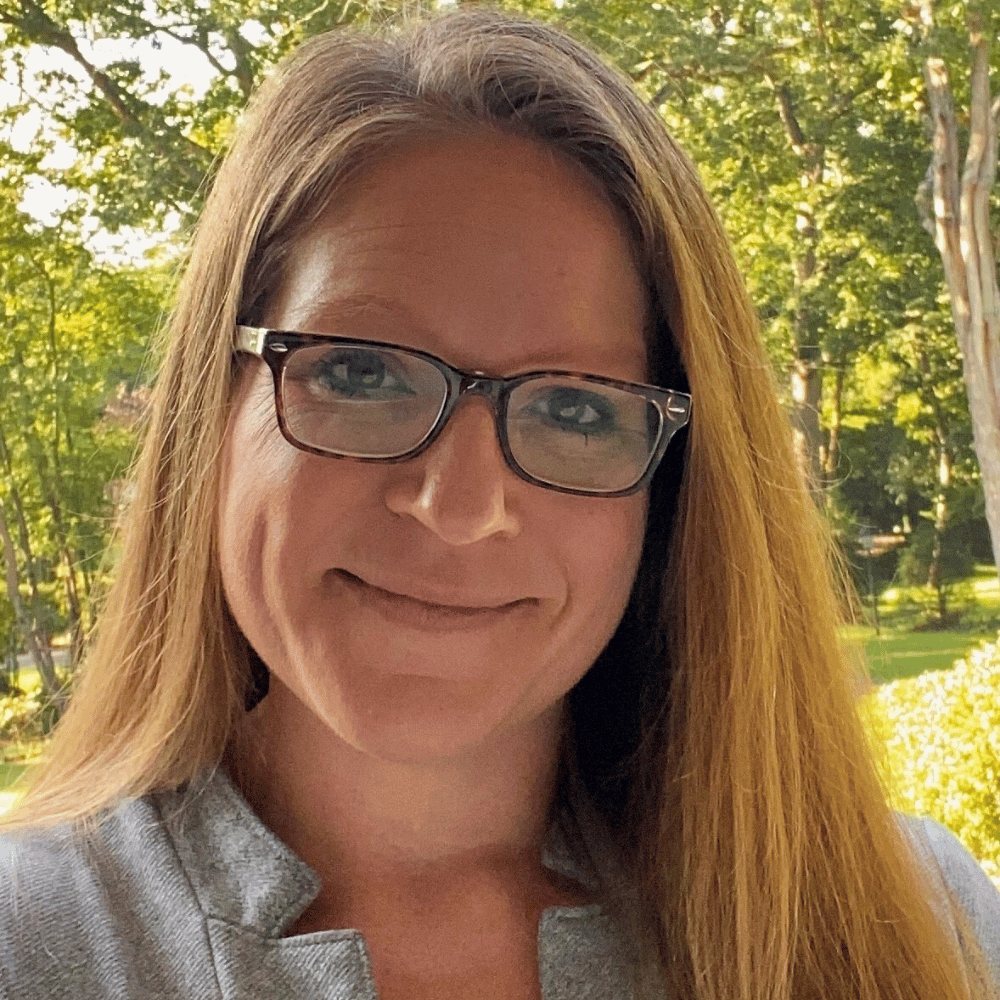
Traumatic Brain Injuries in Correctional Settings
This webinar is for professionals working in justice-involved settings, such as correctional officers, healthcare professionals, and individuals involved in the rehabilitation of incarcerated individuals.
Traumatic Brain Injuries (TBI) due to adverse childhood experiences and other incidents are common in justice-involved settings. The extant literature is filled with calls for attention to this issue.
In this webinar, we discuss the prevalence of TBI. We review the existing research related to TBI in correctional settings and highlight systemic issues and possible barriers to effective identification, treatment, and monitoring.
Dawn Pflugradt and Danielle Ciccone-Coutre propose solutions for improving our responses to incarcerated people with TBI once they’ve identified them.
Who's Presenting

Dawn Pflugradt, PsyD, LP, LCSW
Dawn M. Pflugradt, Psy.D., is a licensed psychologist (Iowa and Wisconsin) and licensed clinical social worker (Wisconsin) specializing in forensic, correctional, and clinical psychology. She holds advanced degrees in clinical bioethics, clinical psychology, and social work. Dr. Pflugradt has been qualified as an expert witness in multiple jurisdictions. Dr. Pflugradt works as a risk assessment specialist and sexually violent person evaluator for a midwestern Department of Corrections, maintains a private forensic psychology practice, and holds an appointment as professor of psychology at the Wisconsin School of Professional Psychology. She also serves on the scientific advisory board for the International Association for the Treatment of Sexual Offenders (IATSO), is an ATSA Fellow, and a SAARNA certified STATIC-99R, STABLE-2007, ACUTE-2007 and ODARA trainer.
In addition to her years of clinical experience, Dr. Pflugradt has published numerous articles, practice guidelines, books, and book chapters in the areas of developmental neuropsychology and criminology, the latter focusing on individuals who commit sexual and violent crimes.

Danielle Ciccone-Coutre, PsyD, ABPP
Danielle Ciccone-Coutre is a Board-Certified Rehabilitation Psychologist. She currently serves as the Chief Regional Psychologist for the Department of Corrections (DOC)/Division of Community Corrections (DCC) in Southeastern Wisconsin. Her career foci have included predominantly, work with traumatic brain injury (TBI) and posttraumatic stress disorder across the developmental lifespan. She is committed to the education and advocacy of TBI to promote awareness and implement change to support survivors, and those involved in their care. She spearheads and supervises research of TBI and interrelated disabilities in the Veteran’s Administration. She is also collaborating on research in the DOC/DCC, with interest in the role of TBI, and neuro/rehabilitation psychology of criminal behavior. Dr. Ciccone-Coutre serves on the Board of Directors for the Brain Injury Alliance of Wisconsin. She also maintains a private practice in northern Illinois.
